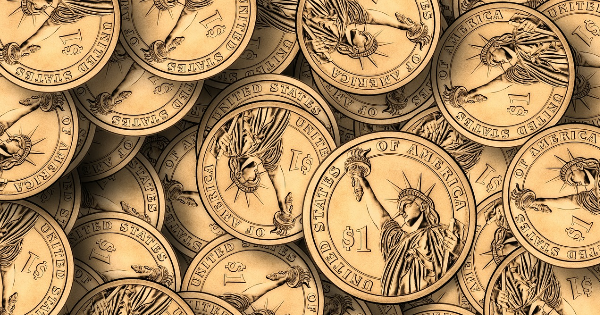
A hard currency is one that is expected to remain reasonably stable as a store of value and is universally recognized and accepted as a reliable medium of exchange.
Iran’s central bank was authorized to intervene on the foreign exchange market to control the rates of exchange between its rial and the world’s major hard currencies.
Hard currencies can also be termed strong or safe-haven currencies. Throughout contemporary history, the U.S. dollar has been the hardest currency. The dollar’s perceived stability makes it the most important reserve currency held by central banks, governments, and institutions across the world. Other examples of hard currencies include the euro and Swiss franc. Many countries issuing currencies of minor international importance manage the exchange rates of those currencies vis-à-vis one or more of the world’s hard currencies. Hard currencies generally are less subject to inflation than are soft currencies. In some cases, governments strictly peg the value of their local soft currencies to a hard currency and may even abandon a weak local currency altogether in favor of adopting a strong one (typically the USD) in an effort to curb inflation.
Tvrdá měna je taková, u které se očekává, že zůstane přiměřeně stabilní pro uchování hodnoty, a bude univerzálně uznávaná a přijímaná coby spolehlivý nástroj směny.
Centrální banka Iránu byla autorizována k intervencím na devizovém trhu za účelem ovládání směnných kurzů mezi svým riálem a hlavními světovými tvrdými měnami.
Tvrdé měny se mohou také nazývat silné měny. V nedávné historii byl nejsilnější měnou americký dolar. Vnímaná stabilita dolaru z něj dělá nejdůležitější rezervní měnu drženou centrálními bankami, státy a institucemi po celém světě. Další příklady tvrdých měn zahrnují euro a švýcarský frank. Řada zemí, které vydávají měny menšího mezinárodního významu, řídí směnné kurzy těchto měn podle jedné nebo více světových tvrdých měn. Tvrdé měny obecně méně podléhají inflaci než měkké měny. V některých případech určité státy pevně zafixovaly hodnotu svých místních měkkých měn, nebo dokonce opustily místní měkké měny ve prospěch silné měny (typicky USD) v rámci snahy omezit inflaci.
English Editorial Services’ mission is to assist international businesses and organizations of all sizes to communicate clearly, correctly, and persuasively with their business partners and target audiences.
Simply subscribe to receive our Business Term of the Day at no charge to your inbox each business day, with explanation in English and Czech.



English Editorial Services’ mission is to assist international businesses and organizations of all sizes to communicate clearly, correctly, and persuasively with their business partners and target audiences.
Simply subscribe to receive our Business Term of the Day at no charge to your inbox each business day, with explanation in English and Czech.

